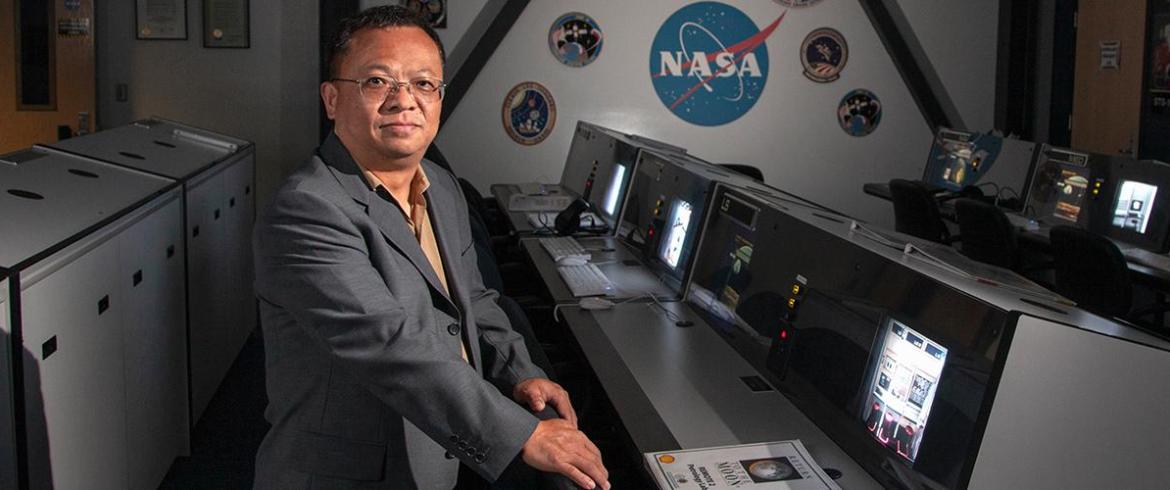
Richard Liang, HPMI Director and Professor
This article was featured in the Annual Engineering Research Report (2019-2020).
The High-Performance Materials Institute (HPMI) and the FAMU-FSU College of Engineering joined a major multi-university project funded by NASA that will focus on developing technologies crucial to human exploration in deep space.
“We are really happy to participate in a project that supports NASA and its future work,” HPMI Director Richard Liang, Ph.D. said enthusiastically.
The work is part of NASA’s overall initiative to create the first-ever Space Technology Research Institutes (STRI), one devoted to biological engineering in space and the other on next-generational materials. Each institute will receive $15 million over a five-year period to be distributed among the partner universities.
Liang, who is a professor at the college, will serve as principal investigator and deputy director/area leader for the STRI. Six faculty from FAMU-FSU Engineering will participate in the project, led by Professor Gregory Odegard at Michigan Technological University.
The scientists specifically will work on developing carbon nanotube-based structural materials that could be used in next-generation space vehicles, power systems—and potentially even habitats.
HPMI is a multidisciplinary research institute at Florida State University largely staffed by faculty from the FAMU-FSU Engineering. Because of HPMI’s leadership, both FSU and FAMU will receive funding from the STRI, focusing on next generation materials and manufacturing. The money will help fund multiple undergraduate and graduate students at the college and one postdoctoral researcher.
